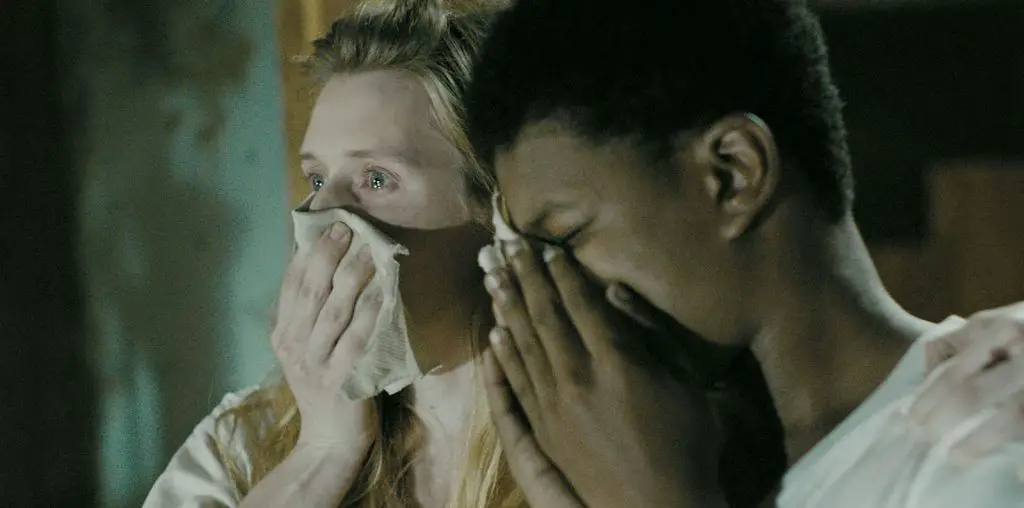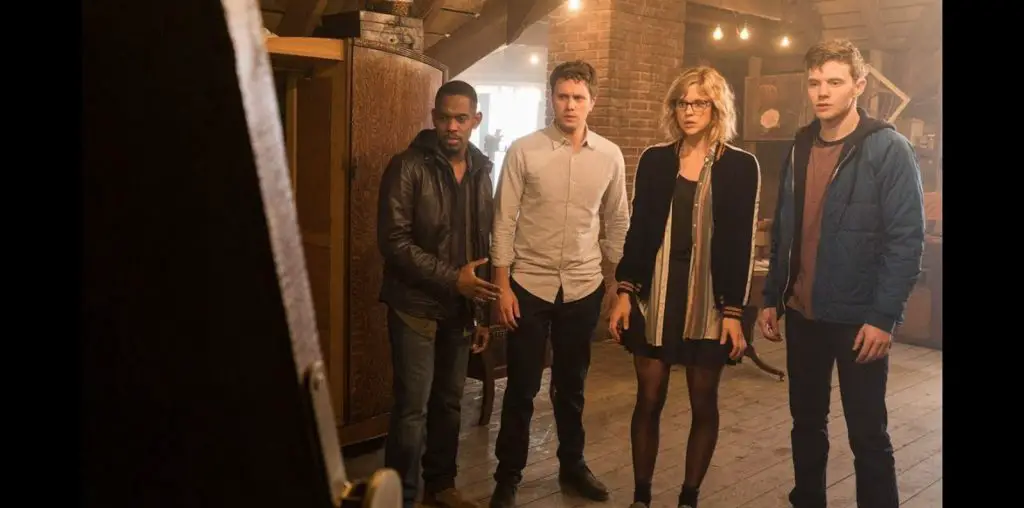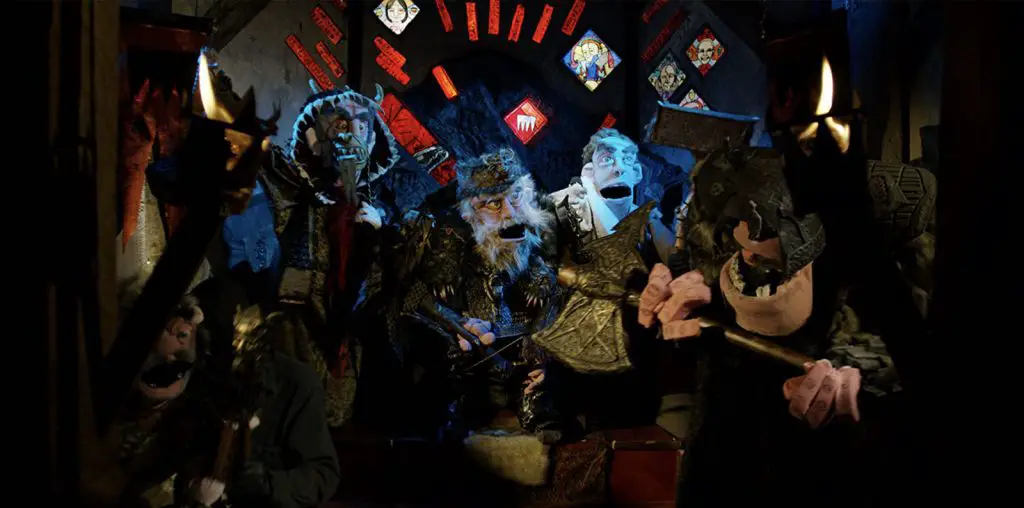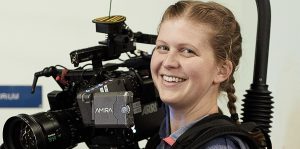
Now, how did you get involved in comedy, especially concerning cinematography?
Yeah, I wasn’t always interested in cinematography. I actually went to film school to be an editor. I quickly discovered that I liked being on set and just loved that collaborative process. I soon found out that I was good at being behind the camera. During film school, I was in a little sketch comedy group as their DP—a few other people from my class were shooting these sketches to put on YouTube.
Then we all moved to LA in 2011, and we started going to see improv at the UCB Theater. I fell in love with it. I just was such a big fan of watching improv. I ended up taking classes maybe a year after coming to LA. I took improv classes to like get out of my shell a little bit, and because I liked watching it so much. At the same time, a friend of mine had started interning at CollegeHumor, and he recommended me to them as a camera technician and camera PA for their shoots. So that’s how I first got into web comedy, working in it.
Was that the early days of CollegeHumor, or had they been established for a while?
They were pretty established at that point. This was probably the peak of CollegeHumor. They started doing big productions in LA around this time, like 2012, 2013. So yeah, I had already been a fan in college, and then it was cool to start working with them.
So how did you start? Did you aggressively pursue work at CollegeHumor, or was it just, there was a need there, and you’re filling it?
A little bit of both. I made connections through UCB and CollegeHumor, which overlapped a lot because many improvisers would perform in the CollegeHumor sketches. I got to know people that way. I made friends, and I ended up doing a little passion project with a producer at CollegeHumor, and I shot it for free. He ended up getting me my first paid job as a DP. It was really from just making things for fun and doing favors and showing that I knew what I was doing, and then I started getting paid to do it.
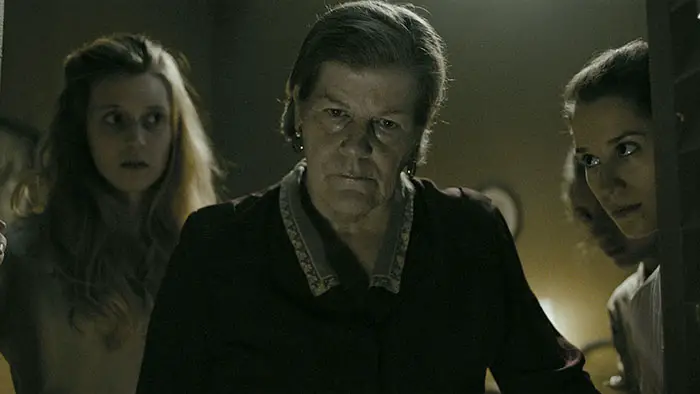
“…from just making things for fun and doing favors and showing that I knew what I was doing…”
Yeah. Is there a trick to shooting sketch comedy that’s different than a typical film?
Well, it depends on the sketch. I think you have to be adaptable based on what the sketch is. Sometimes it’s just a workplace thing, like in the office, only two handheld cameras. You’re solely capturing the performances and just letting that be the story rather than anything cinematic. Then some sketches require higher production value and are capturing a cinematic tone or parodying something.
They’re trying to parody it, so they’re trying to be almost exactly like an actual cinematic film. Is there a big difference between that? I hear this term a lot—cinematic.
The more cinematic something is, the more it just feels like a window into another world. Every element from the production design to the lighting feels like it’s part of this other world.
I mean, you say like looking through a window versus, I think, with sketch, the windowpane is removed, and it seems real and authentic. It’s weird that way.
That’s a good way to look at it.
You also did Sketchy Times with Lilly Singh (now on Peacock). Had you been working with her for a while?
No, this is my first time working with her. I had been recommended by a few different people to her and the executive producer, Polly Auritt. They contacted me, and I had a little interview with them. We hit it off. At the time, the shoot was going to start in like five days, which was crazy, and it ended up getting delayed, but yeah, it was a fast process.
It shot post… Well, during the lockdown, right?
Yeah. We shot in September.
